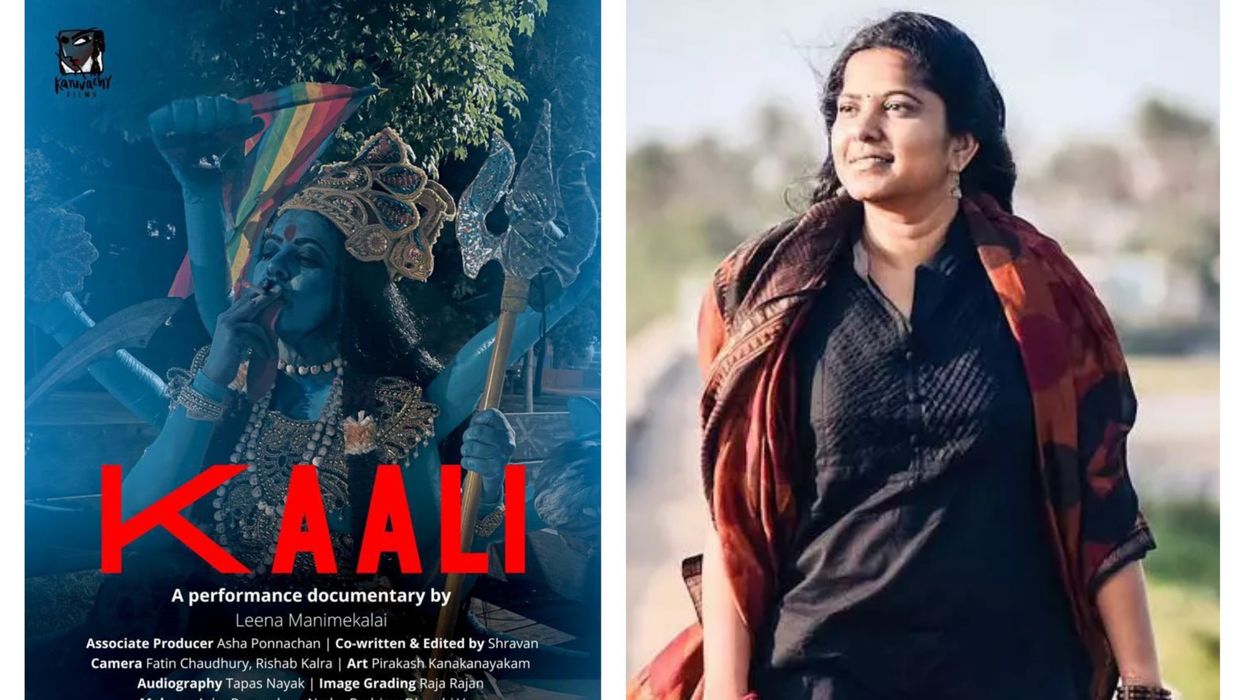Microblogging site Twitter has removed the controversial July 2 tweet of filmmaker Leena Manimekalai.
Leena had released the poster of the film Kaali via a tweet which led to outrage in India. The poster of her film depicted a woman dressed in a costume portraying the goddess and smoking.
Reacting to Twitter's action, Leena in a tweet asked whether the social media platform would also withhold posts by "hate mongers".
"This is hilarious. Will @TwitterIndia withhold the tweets of the 200000 hate mongers?! These lowlife trolls tweeted and spread the very same poster that they find objectionable. Kaali cannot be lynched. Kaali cannot be raped. Kaali cannot be destroyed. She is the goddess of death," Madurai-born, Toronto-based filmmaker wrote.
However, it's not clear when Twitter actually took the tweet down. The original tweet has been replaced by a message from Twitter. "This Tweet from @LeenaManimekali has been withheld in India in response to a legal demand," read the message.
As the controversy began, the filmmaker has previously said that she had nothing to lose. "Till the time I live, I wish to live with a voice that speaks what I believe without fear. If the price for that is my life, it can be given," she wrote in a Twitter post.
Meanwhile, Trinamool Congress MP Mahua Moitra has been booked for allegedly hurting religious sentiments after her comment on Goddess Kali stirred a controversy. An FIR has been registered in Bhopal against Moitra under section 295A of the Indian Penal Code (IPC) for hurting religious sentiments.
Madhya Pradesh home minister Narottam Mishra on Tuesday said that the government will think about banning the filmmaker's documentary in the state.
Ever since the poster launch of Kaali, a series of complaints have been filed against the documentary in two separate courts in Bihar while FIRs have been lodged against Leena in Delhi and Uttar Pradesh.
Keep visiting this space over and again for more updates and reveals from the world of entertainment.




